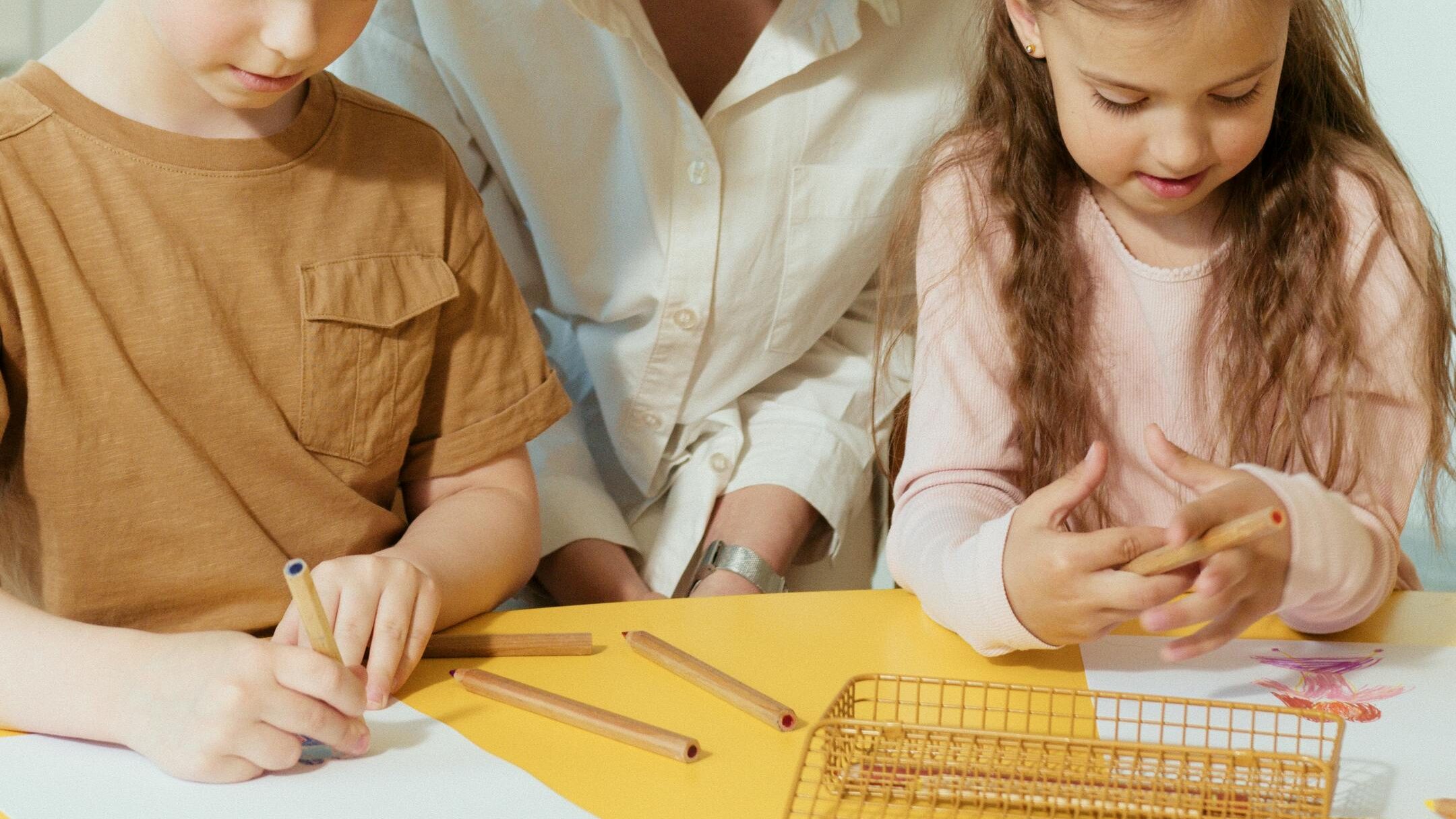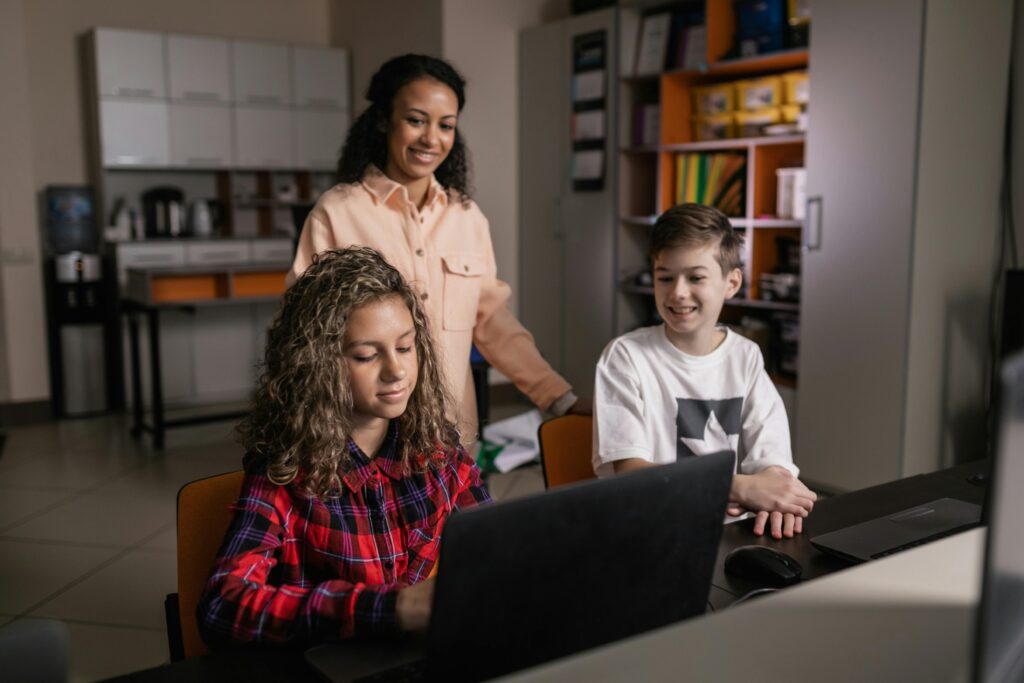
Homeschooling offers families flexibility, individualized instruction, and the chance to align learning with children’s unique interests. However, one concern many parents share is ensuring their kids have plenty of opportunities to connect with peers and develop strong social skills. With intentional planning, homeschooled students can enjoy vibrant friendships, teamwork experiences, and even group learning that enhances their typing and digital collaboration abilities.
Why Socialization Matters in Homeschooling

Social skills are essential for navigating school, work, and life. Interacting with others teaches children empathy, communication, and problem-solving — competencies just as important as academic achievement. For homeschooled students, these skills don’t develop automatically; parents need to create settings where kids can meet and engage with others.
Structured activities like sports teams, scouting groups, or community art classes can give children the chance to work with peers in a supportive environment. Online spaces also provide opportunities for connection, from virtual book clubs to cooperative projects that strengthen digital communication skills.
Typing, too, plays a key role in modern socialization. Whether sending messages to classmates, collaborating on group documents, or chatting during virtual lessons, proficient keyboarding allows kids to express themselves clearly and confidently. Practicing with age-appropriate programs like Typesy helps learners feel at ease when joining digital conversations.
Looking for a way to combine social interaction and skill building? Explore Typesy’s group typing activities, designed to foster teamwork while boosting speed and accuracy.
Practical Strategies for Connection
Here are some ideas to help homeschooled kids build relationships and confidence:
- Join local homeschool co-ops. These groups organize regular meetups, field trips, and study sessions. They’re also a great way for parents to share resources and advice.
- Encourage participation in extracurricular activities such as theater, music, or robotics. Working toward shared goals fosters cooperation and lasting friendships.
- Incorporate typing challenges or collaborative writing projects into homeschool lessons. Group typing games can make practice lively while teaching students to support and cheer for one another.
- Leverage online communities safely. Platforms that focus on education — like virtual science fairs or writing circles — allow students to collaborate without leaving home. Always discuss safe online habits so children understand how to protect their privacy and interact respectfully.
- Volunteer as a family. Helping out at animal shelters, food banks, or environmental clean-ups allows kids to work alongside others while giving back to their community.
Balance is key. While scheduling social opportunities is important, avoid overwhelming children with too many commitments. Let them explore different settings and gravitate toward activities that feel comfortable and enjoyable.
Helping Kids Thrive Through Interaction

Parents can model positive social behavior by demonstrating active listening, problem-solving, and kindness in their own relationships. Talk with children about navigating challenges like disagreements or nerves in new situations, emphasizing that mistakes are natural parts of growth.
Track progress, too. Celebrate small victories, such as introducing themselves to someone new or completing a team project. Recognition helps children feel capable and proud of their efforts.
Typing can also serve as a bridge between learning and connection. When students are comfortable at the keyboard, they’re more willing to join virtual discussions, compose thoughtful emails, or share creative writing with friends. Encouraging consistent practice ensures that technical skills never stand in the way of meaningful social interactions.
Ultimately, homeschooling doesn’t have to mean isolation. With creativity, organization, and encouragement, families can cultivate rich social lives that complement personalized education.
Ready to support your child’s social and academic growth? Try Typesy’s programs to blend keyboarding skills with opportunities for collaboration and confidence-building.
